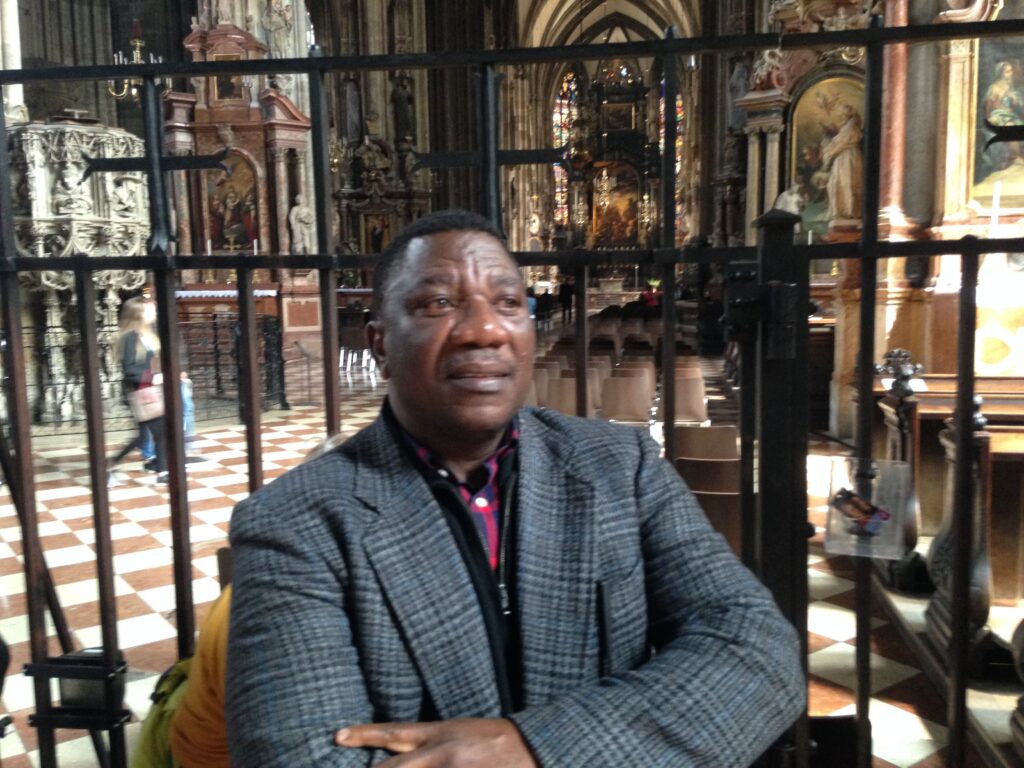Selected Publications
- Newell, Stephanie, and Onookome Okome (eds). Popular Culture in Africa: The Episteme of the Everyday, New York: Routledge, 2014.
- Krings, Matthias and Onookome Okome (eds). Global Nollywood: The Transnational Dimensions of An African Video Film Industry, Indiana University Press, 2013.
- Okome, Onookome (editor). “Africa At the Movies: West African Video Film.” Special issues on Nollywood. Postcolonial Text. 3/1, 2007.
- Okome, Onookome (editor). “Nollywood: Africa Writes.” Special issue on Nollywood. Film International. 5.4, 2004.
- Okome, Onookome. “Nollywood: Spectatorship, Audience and the Sites of Consumption” [Reprint]. The Screen Reader: The History, Theory, and Culture of the Screen. Ed. Stephen Monteiro. Australia: Bloomsbury Academic, 2017.
FRIAS Project
Nollywood: Text, Context, Controversy
Nollywood is by far the most consequential expression of popular culture to come out of Africa in the last century. Its reach is far and wide and its influences breathtaking in more ways than one. Emerging from the creative and entrepreneurial spirit of cosmopolitan Lagos at the close of the 20th century, Nollywood has been hailed as Africa’s popular cinema. It presence has been felt everywhere in Africa and in the African diaspora. Initially thought of as a flash in the pan, this cinema has morphed from its earlier enunciation to a more reasoned and thoughtful expression that is defined by the Africa where it was produced and initially consumed. In quick order old Nollywood begot new Nollywood, returning the audience to cinema theatre which fell through the cracks in the days of structural adjustment in the 1980s. My project tracks the social origins of this cinema, outlining and critiquing the controversies around the film culture which it inaugurated in the early 1990 with the release of the most consequential films in its archive, Living in Bondage (1992). This book length study reiterates and complicates the intrepid social condition under which Nollywood became a popular outlet for the iteration of collective social and political angst since the 1990s. It grew exponentially in a cultural condition described by one scholar as the “pentecostal republic.” A large chunk of this study is dedicated to the place of the city in Nollywood as postcolonial “invention” and the production of women in it.
